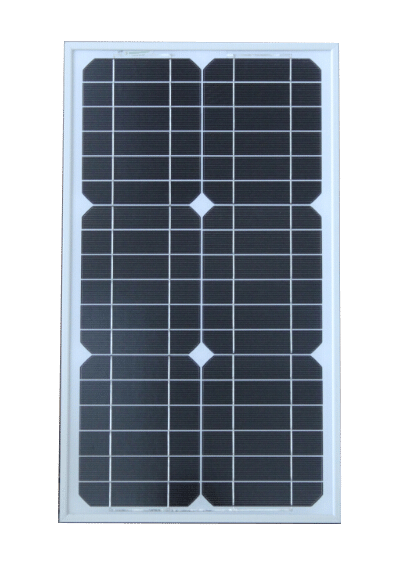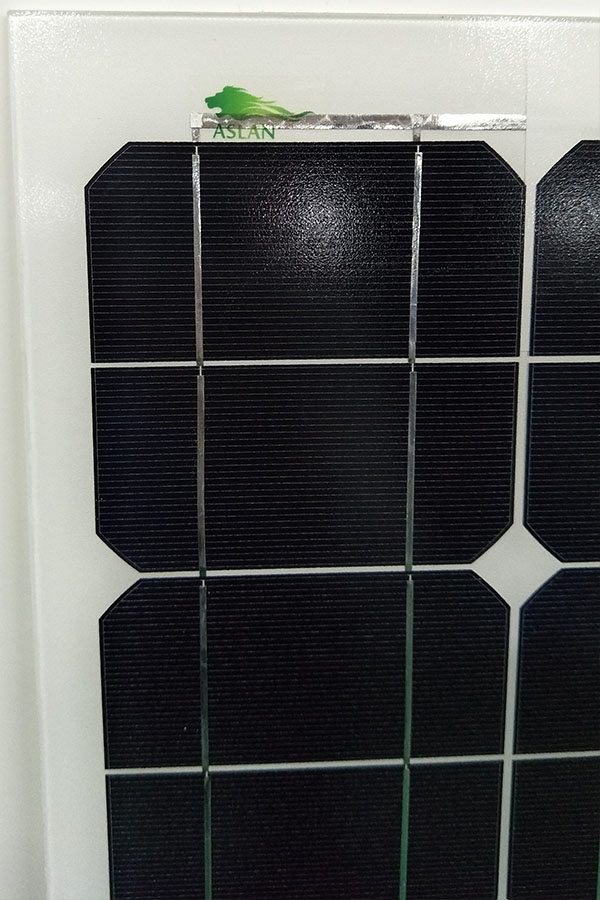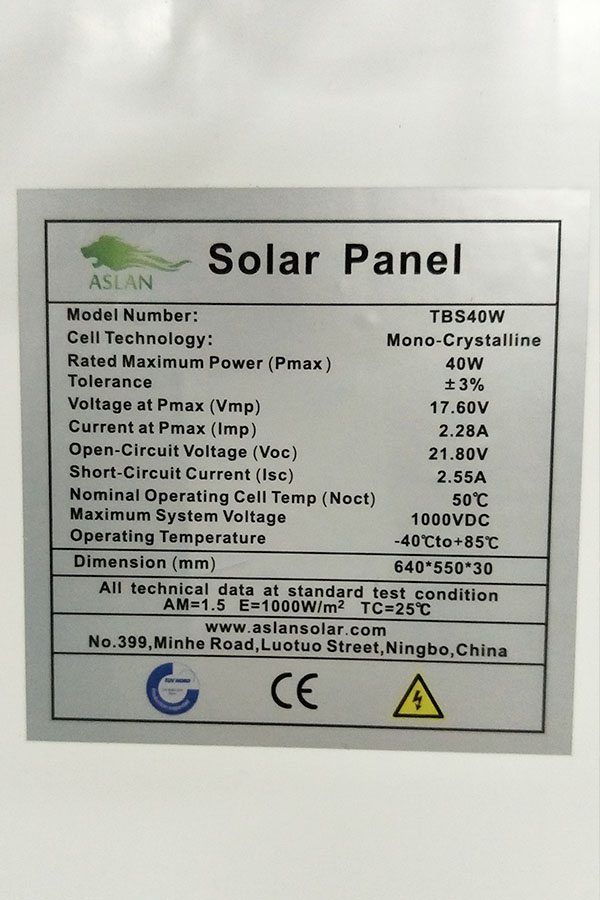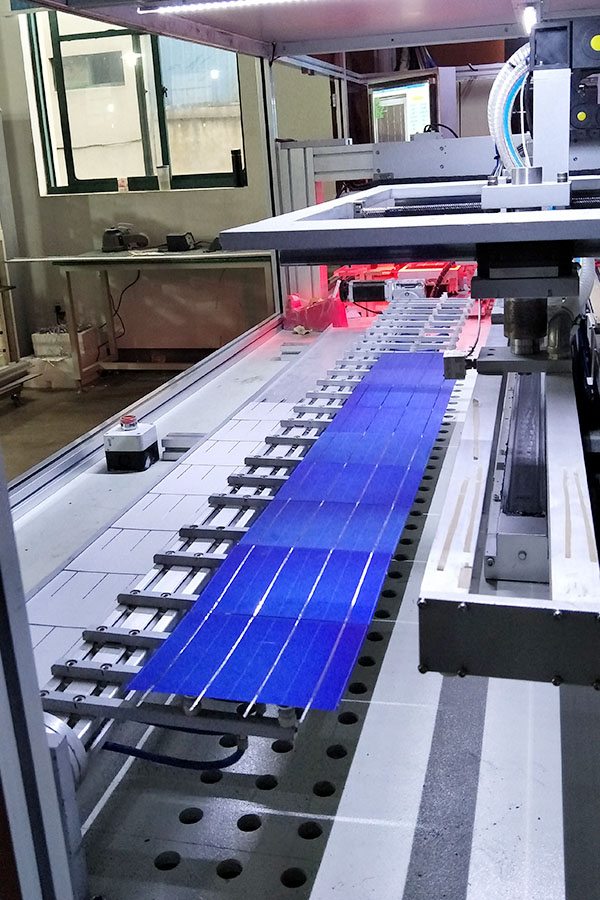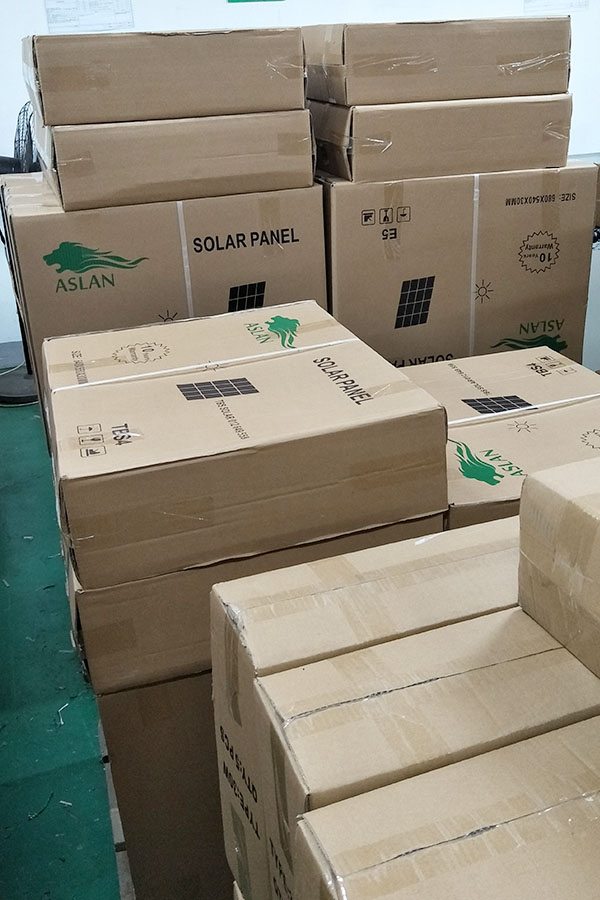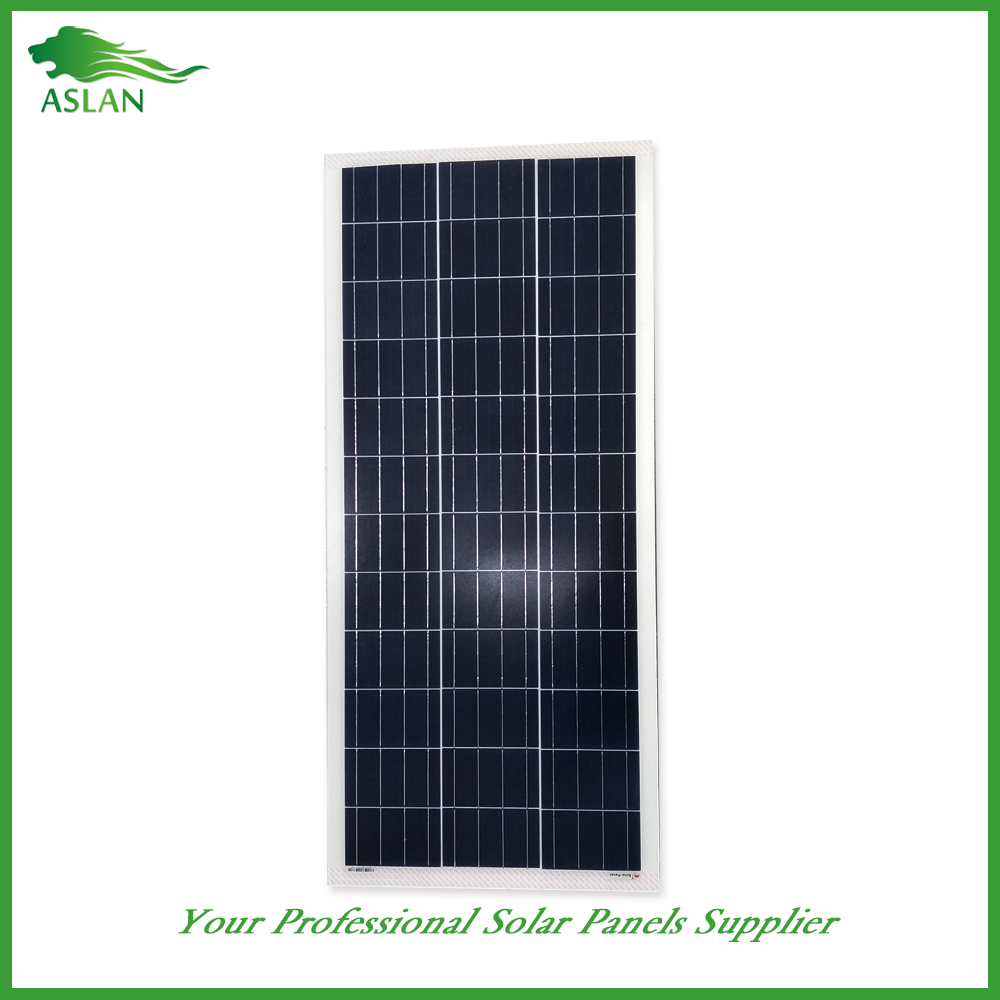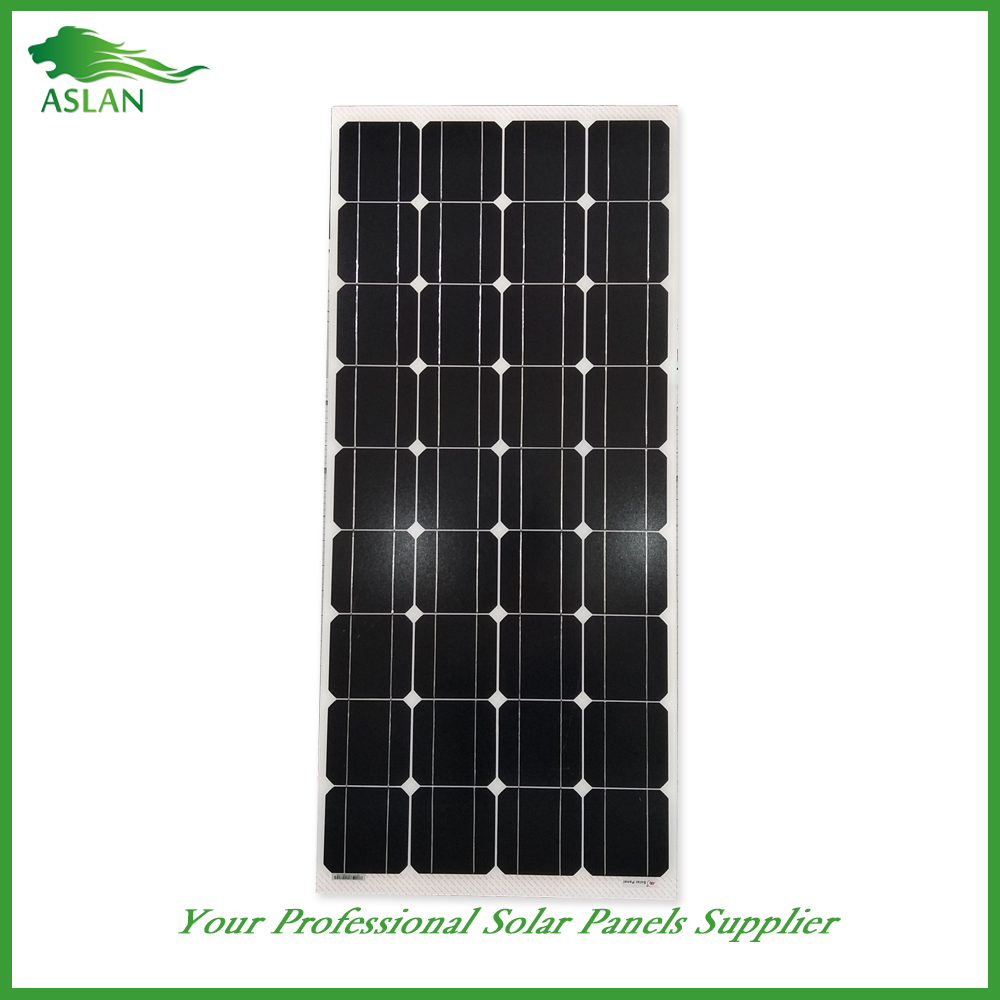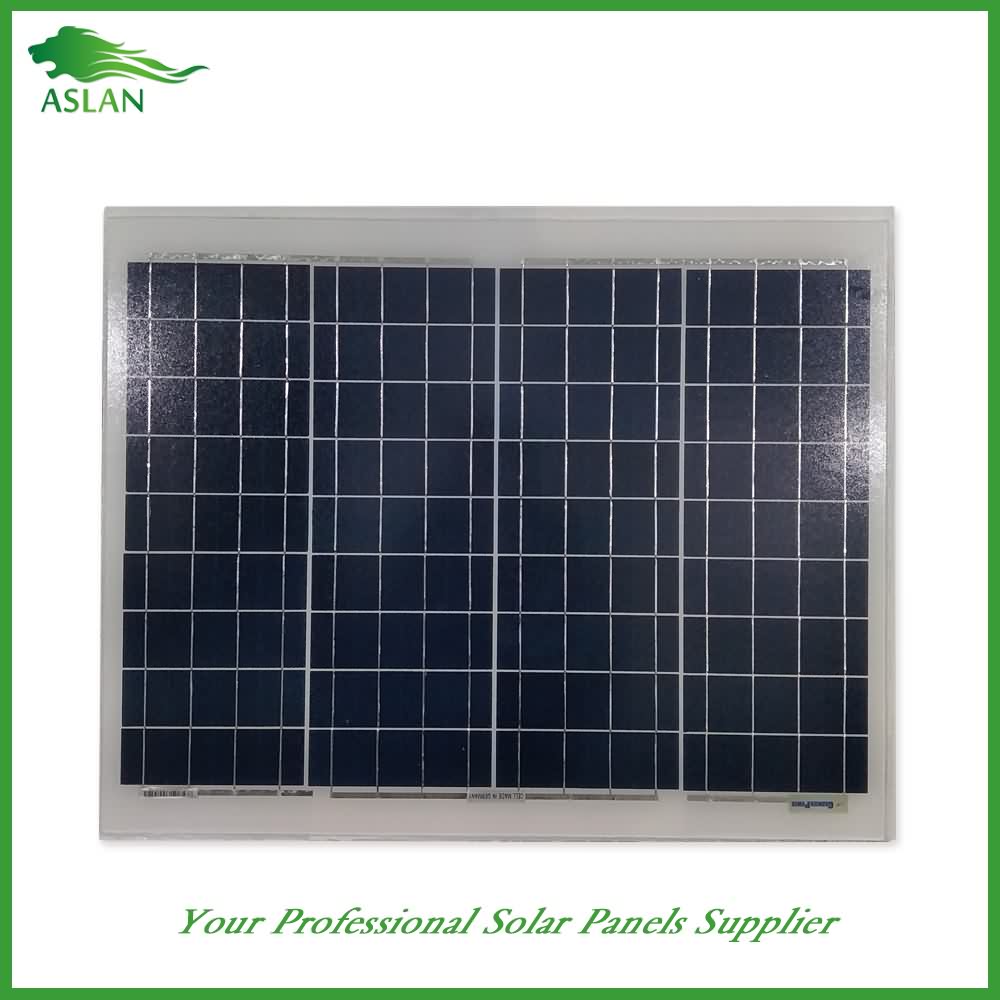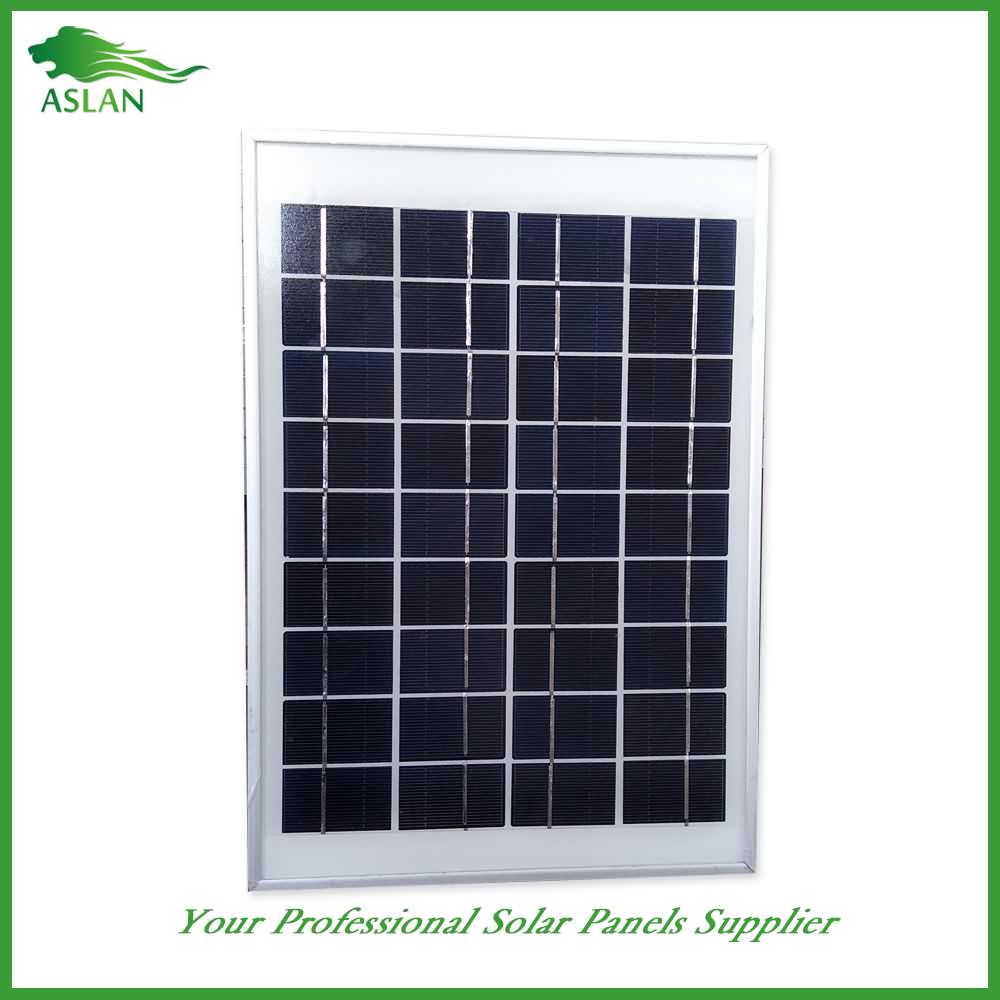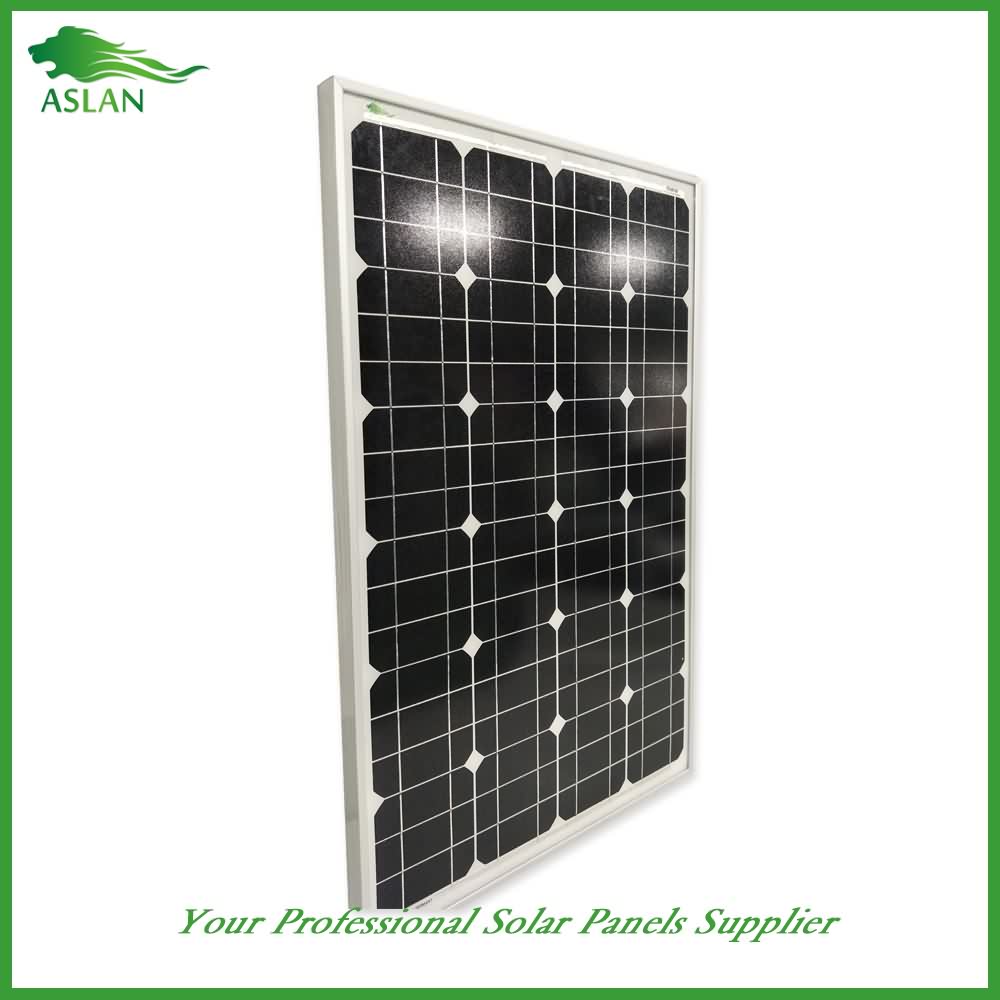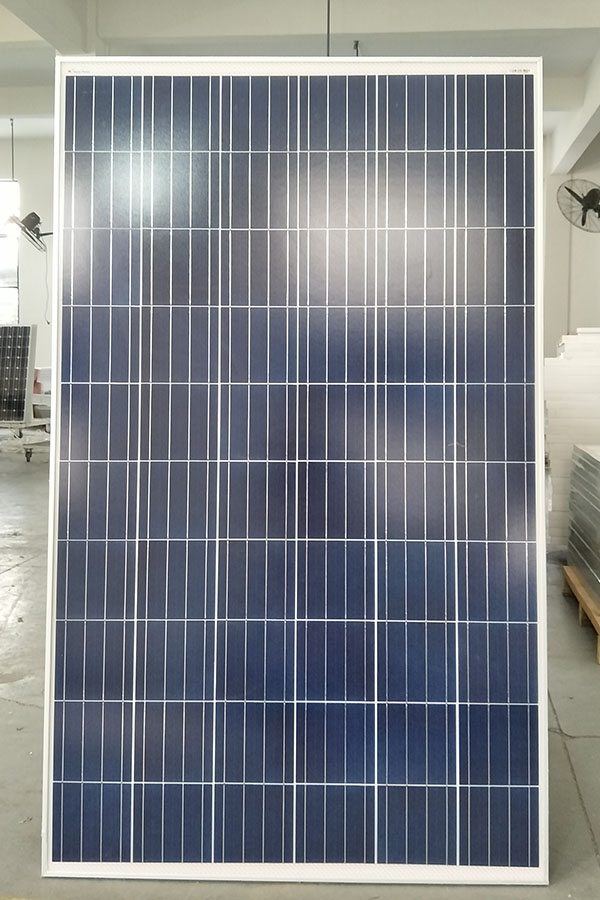Fast delivery for Mono-Crystalline 30W Solar Panel Wholesale to Denver
Short Description:
Adhering to the principle of "quality, service, efficiency and growth", we have gained trusts and praises from domestic and international client for Fast delivery for Mono-Crystalline 30W Solar Panel Wholesale to Denver, We warmly welcome all interested customers to contact us for more information.
Mono-Crystalline 30W Solar Panel
Technical parameter
Maximum Power(W) 30W
Optimum Power Voltage(Vmp) 17.66V
Optimum Operating Current(Imp) 1.71A
Open Circuit Voltage(Voc) 21.39V
Short Circuit Current(Isc) 1.88A
Mechanical Characteristics
Cell Type Mono-crystalline 125×41.6mm
No of Cell 36 (4x9pcs)
Dimensions 449x554x25mm
Weight 2.8Kg
Front Glass 3.5mm,High Transmission, Low Iron,Tempered Glass
Junction box IP65 Rated
Output Cable TUV 1×4.0mm2/UL12AWG,Length:900mm
Temperature and Coefficients
Operating Temperature(°C): -40°C ~ + 85°C
Maximum System Voltage: 600V(UL)/1000V(IEC) DC
Maximum Rated Current Series: 15A
Temperature Coefficients of Pmax: -0.47%
Temperature Coefficients of Voc: -0.389%
Temperature Coefficients of Isc: 0.057%
Nominal Operationg Cell Temperature (NOCT): 47+/-2°C
Materials of solar panel
1).Solar Cell——Mono-crystalline solar cell 125*41.6mm
2).Front Glass——-3.2mm, high transmission, low iron, tempered glass
3).EVA——-excellent anti-aging EVA
4).TPT——-TPT hot seal made of flame resistance
5).Frame——anodized aluminum profile
6).Junction Box——-IP65 rated, high quality, with diode protection
Superiority: high quality anodized aluminum frame, high efficiency long life, easy installation, strong wind resistance, strong hail resistance.
Features
1. High cell efficiency with quality silicon materials for long term output stability
2. Strictly quality control ensure the stability and reliability, totally 23 QC procedures
3. High transmittance low iron tempered glass with enhanced stiffness and impact resistance
4. Both Poly-crystalline and Mono-crystalline
5. Excellent performance in harsh weather
6. Outstanding electrical performance under high temperature and low irradiance
Quality assurance testing
Thermal cycling test
Thermal shock test
Thermal/Freezing and high humidity cycling test
Electrical isolation test
Hail impact test
Mechanical, wind and twist loading test
Salt mist test
Light and water-exposure test
Moist carbon dioxide/sulphur dioxide
https://goo.gl/DzBEFs – Reliable sustainable electrical energy generation systems are ending up being increasingly accessible to the typical property owner either installed in the house and connected to the grid.
—————————————-
FIND OUT MORE HERE: http://CommonSenseEnergy.co.uk
—————————————
Renewable energy can also be used for house cooling and heating, hot water as well as cooking.
Electrical energy represent about 53% of the energy utilized in households but creates around 87% of the greenhouse gas emissions (DEWHA 2008). Many is generated by burning non-renewable nonrenewable fuel sources: coal, oil, natural gas and liquid petroleum gas (LPG).
Sustainable power systems utilize renewable energy sources to produce electrical power with very low greenhouse gas emissions. These sources, such as the sun, wind and water, are replenished naturally however are not readily available constantly. In stand-alone systems, back-up electrical power can be provided from storage batteries and/or generators. For grid connected systems, the mainly fossil fuel based electricity (i.e. coal or gas generated) supplied through the grid can function as back-up when renewable systems are not producing. If fossil fuel generators are utilized for back-up source of power, greenhouse gases are produced.
—————————————-
FIND OUT MORE HERE: http://CommonSenseEnergy.co.uk
—————————————-
People who watched this video:
also searched online for:
View our Video Channel:
https://www.youtube.c om/channel/UCFgTA9jVsSPKiyihR7 5tP9g
Searches related to keyword
what is renewable energy
renewable resources
energy conservation
solar power homes
green energy
solar panel installation
solar water heater
best solar panels
residential solar panels
home solar panels
energy solutions
buy solar panels
solar energy facts
solar panel systems
residential solar energy systems
home solar power system
home solar systems
solar power panels
home solar power
——————————————-
FOR MORE DETAILS: http://CommonSenseEnergy.co.uk
——————————————-
CONNECT WITH US:
https://twitter.com/ComSenseEnergy
https://www.pinterest.com/commonsenseenergy/
https://ultracommonsenseenergyuk.tumblr.com/
https://www.facebook.com/Common-Sense-Energy-667311346797502/
https://plus.google.com/u/0/114745047937419022662
https://www.instagram.com/commonsenseenergyuk/
https://www.linkedin.com/in/common-sense-energy/
——————————————
Don’t forget to check out our YouTube Channel:
https://www.youtube.c om/channel/UCFgTA9jVsSPKiyihR7 5tP9g
——————————————–
#what is renewable energy
#renewable resources
#energy conservation
#solar power homes
#green energy
#solar panel installation
#solar water heater
#best solar panels
#residential solar panels
#home solar panels
#energy solutions
#buy solar panels
#solar energy facts
#solar panel systems
#residential solar energy systems
#home solar power system
#home solar systems
#solar power panels
#home solar power
——————————————-
VISIT OUR SITE: https://goo.gl/6kPMLU
——————————————-
More on http://solarpv.tv/ – HyperMedia Business Platform
In our Exclusive interview in partnership with EU PVSEC 2016, we speak to Professor Martin Green, “father of photovoltaics” about the future of solar PV technology and the role of the European research & industry in shaping this future.
During next days we will publish our exclusive interview with Professor Green for our new series “Solar Pioneers in Private”!
Martin Andrew Green AM ForMemRS (born 20 July 1948) is an Australian professor at the University of New South Wales who works on solar energy. He is editor-in-chief of the academic journal Progress in Photovoltaics.
Martin Green was born in Brisbane and was educated at the selective Brisbane State High School, graduated from University of Queensland and completed his PhD on a Commonwealth Scholarship atMcMaster University in Canada, where he specialised in solar energy. In 1974, at the University of New South Wales, he initiated the Solar Photovoltaics Group which soon worked on the development of silicon solar cells. The group had their success in the early 80s through producing a 20% efficient silicon cell, which now has been improved to 25%.
Prof. Green has published several books on solar cells both for popular science and deep research. The “buried contact solar cell” was developed at UNSW in 1984.[10] Green also serves on the Board of the Sydney-based Pacific Solar Pty Ltd. (now known as CSG Solar), as Research Director. Green’s portrait was painted with fellow scientist, Ross Garnaut for the Archibald Prize 2010. The painting was a finalist, losing to a portrait of Tim Minchin.
Awards and honours
Green has received several awards including:
1982 Pawsey Medal (Australian Academy)
1988 Award for Outstanding Achievement in Energy Research
1990 IEEE Cherry Award
1992 CSIRO External Medal
1995 IEEE Ebers Award
1999 Australia Prize
2000 Gold Medal from the Spanish Engineering Academy
2000 Medal of Engineering Excellence for Distinguished Achievement in the Service of Humanity from the World Engineering Federation (Hannover, 2000),
2000 Millennium Award from the World Renewable Congress
2002 Right Livelihood Award
2003 Karl Böer Solar Energy Medal of Merit Award from the University of Delaware
2006 Finalist, European Inventor of the Year (together with Stuart Wenham)
2008 Winner, 2008 Scientist of the Year Award
2009 Zayed Future Energy Prize finalist, recognized at the award ceremony for his ground breaking research in photovoltaic (PV) technology that will result in increased efficiencies, bringing solar energy closer to grid parity.
2013 Foreign Member of the Royal Society (ForMemRS)of London
His nomination for the Royal Society reads:
“ PROFESSOR GREEN IS CITED FOR HIS EXTENSIVE AND DISTINGUISHED CONTRIBUTIONS TO PHOTOVOLTAIC SCIENCE AND TECHNOLOGY. THESE INCLUDE IDENTIFYING THE FUNDAMENTAL LIMITS UPON SILICON SOLAR CELL PERFORMANCE AND THEN LEADING HIS TEAM TO DEMONSTRATE EXPERIMENTAL DEVICES APPROACHING THIS LIMIT, WITH 25% CELL EFFICIENCY NOW DEMONSTRATED. THIS IS OVER 50% RELATIVELY HIGHER IN PERFORMANCE THAN AT THE BEGINNING OF HIS WORK. HE HAS ALSO DEVELOPED INNOVATIVE COMMERCIAL VERSIONS OF THESE HIGH PERFORMANCE DEVICES AND PIONEERED THE FIELD OF “THIRD GENERATION” PHOTOVOLTAICS, INVESTIGATING ADVANCED PHOTOVOLTAIC DEVICE CONCEPTS TARGETING CARNOT-LIKE SOLAR CONVERSION EFFICIENCIES. ”
2015 James Cook Medalof the Royal Society of New South Wales
